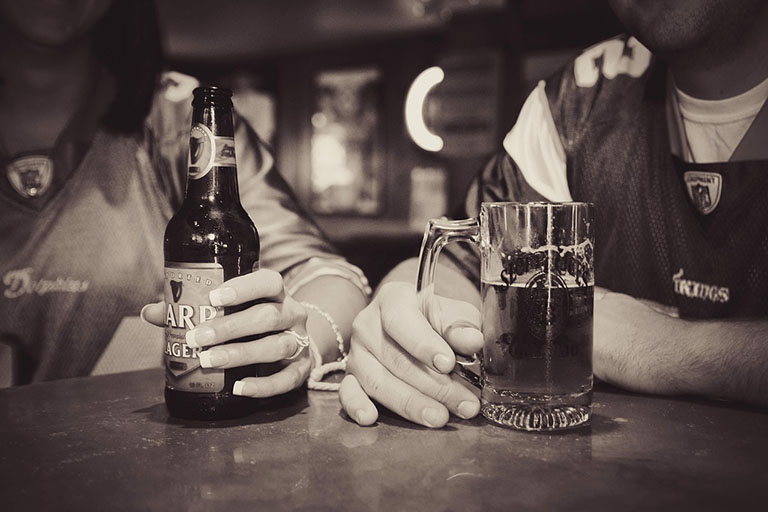by: Dan Thompson
Most public sector and public safety employees understand that while on duty there are numerous policies which set forth codes of conduct to which you are expected to adhere. But what about off-duty conduct? If you get into a fight with your significant other at 2 a.m., someone gets pushed and the cops are called? Or what if you get arrested for a DUI on your way home from having a few Friday-night beers? How bad could it really be? The answer is – really bad.

- First you are faced with the possibility that your off-duty conduct could result in an arrest, criminal charges by the police and the potential for prosecution by the District Attorney. If you end up with a criminal conviction there could be significant ramifications to your employment. For example – a domestic violence charge may result in your inability to own or possess a firearm, which for most public safety employees is a minimum qualification for your employment.
- Most employers have broad policies governing conduct both, “on-duty and off-duty” which may cause discredit to the public agency in the eyes of the citizenry. This will typically result in an internal affairs investigation which could result in disciplinary action against you, up to and including termination of your employment.
- In some cases you are also going to be hit with a civil action; whether that be dealing with a possible divorce or restraining order, potential property damage or personal injury that the injured party is seeking recovery for.
- Your professional licensure may be adversely impacted as well. Whether you are a registered nurse, EMT or Paramedic – your license is your life. Typically, after an arrest of any type, the licensing agency who has jurisdiction over your license will be notified within a few days. They will then begin an investigation to determine if in their discretion your license should be suspended, revoked or placed on probation as a result of your misconduct. Even if ultimately the criminal charges are resolved, the licensing agency may still pursue action against you. This may include revocation of your ambulance drivers license (which for private ambulance companies is mandatory) or a lengthy suspension of your state driver’s license. For those public safety employees who are required to be able to operate a vehicle, maintaining a valid driver’s license is a minimum qualification of the job.
Think twice before allowing your decisions off-duty to potentially wreck your professional life. A five-minute decision could result in numerous legal problems, any one of which could have a devastating impact on your career. Should you find yourself in such an unfortunate position, seek legal counsel immediately. We at Goyette & Associates are uniquely qualified to handle all legal aspects which may arise from such an event.
